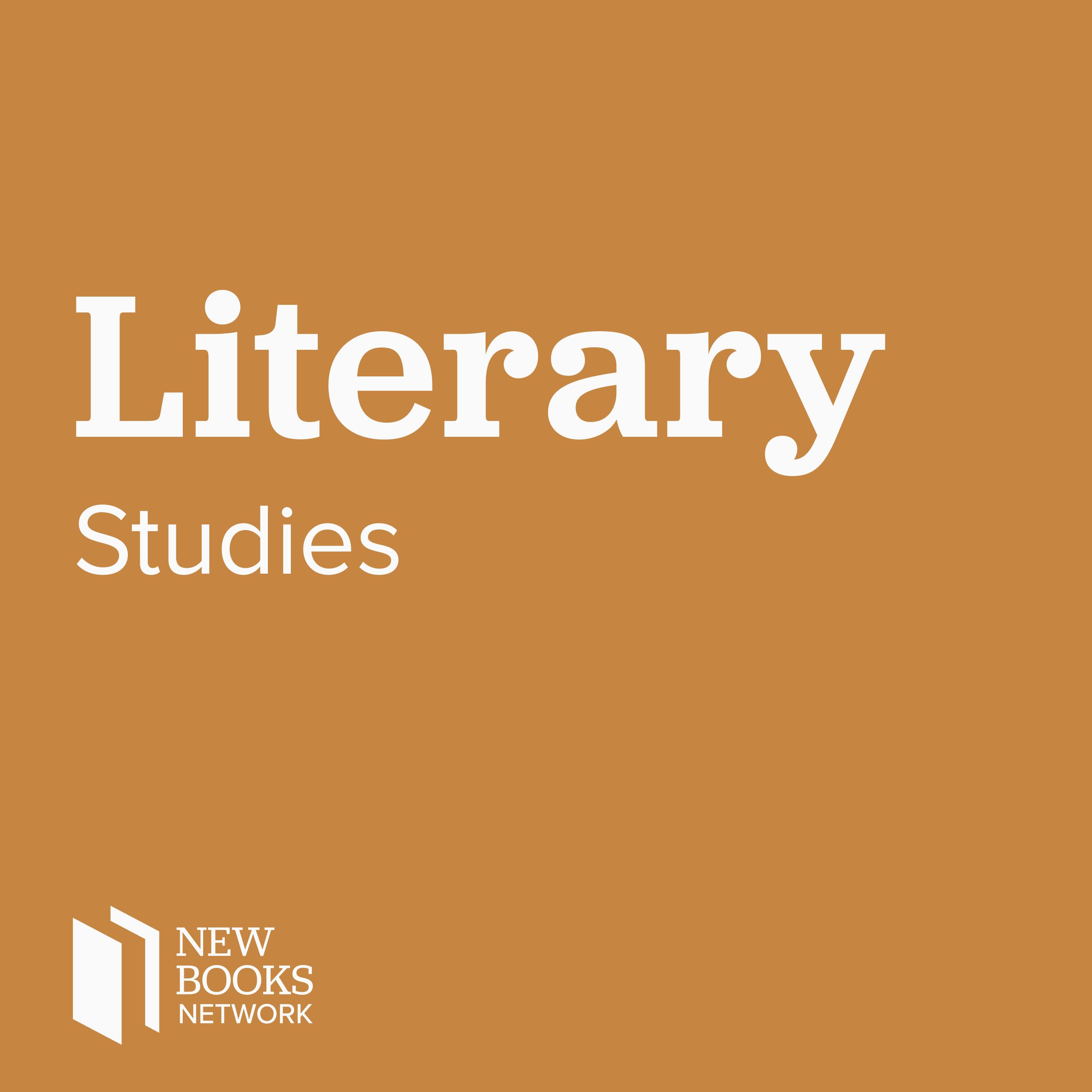
Leigh T. I. Penman, "The Lost History of Cosmopolitanism: The Early Modern Origins of the Intellectual Ideal" (Bloomsbury, 2020)

New Books in Literary Studies
Shownotes Transcript
The Lost History of Cosmopolitanism: The Early Modern Origins of the Intellectual Ideal) (Bloomsbury, 2020) challenges our most basic assumptions about the history of an ideal at the heart of modernity. Beginning in antiquity and continuing through to today, Leigh T.I. Penman examines how European thinkers have understood words like 'kosmopolites', 'cosmopolite', 'cosmopolitan' and its cognates. The debates over their meanings show that there has never been a single, stable cosmopolitan concept, but rather a range of concepts-sacred and secular, inclusive and exclusive-all described with the cosmopolitan vocabulary.
While most scholarly attention in the history of cosmopolitanism has focussed on Greek and Roman antiquity or the Enlightenments of the 18th century, this book shows that the crucial period in the evolution of modern cosmopolitanism was early modernity. Between 1500 and 1800 philosophers, theologians, cartographers, jurists, politicians, alchemists and heretics all used this vocabulary, shedding ancient associations, and adding new ones at will. The chaos of discourses prompted thinkers to reflect on the nature of the cosmopolitan ideal, and to conceive of an abstract 'cosmopolitanism' for the first time.
This meticulously researched book provides the first intellectual history of an overlooked period in the evolution of a core ideal. As such, The Lost History of Cosmopolitanism is an essential work for anyone seeking a contextualised understanding of cosmopolitanism today.
Morteza Hajizadeh is a Ph.D. graduate in English from the University of Auckland in New Zealand. His research interests are Cultural Studies; Critical Theory; Environmental History; Medieval (Intellectual) History; Gothic Studies; 18th and 19th Century British Literature. YouTube Channel). Twitter).
Learn more about your ad choices. Visit megaphone.fm/adchoices)
Support our show by becoming a premium member! https://newbooksnetwork.supportingcast.fm/literary-studies)